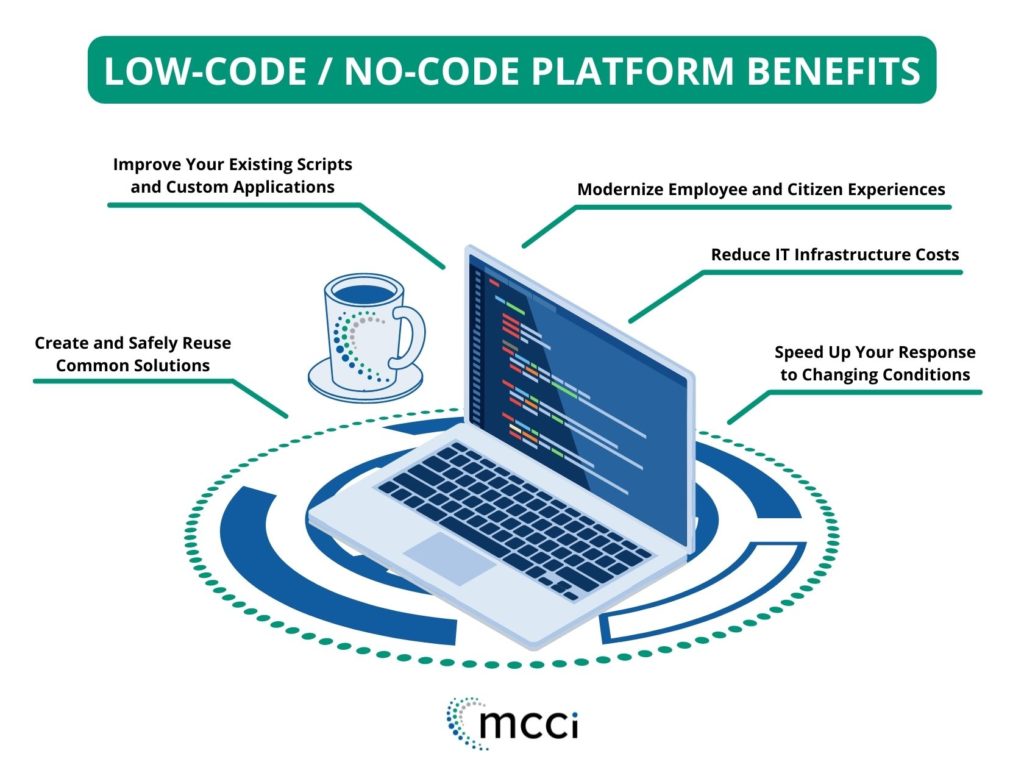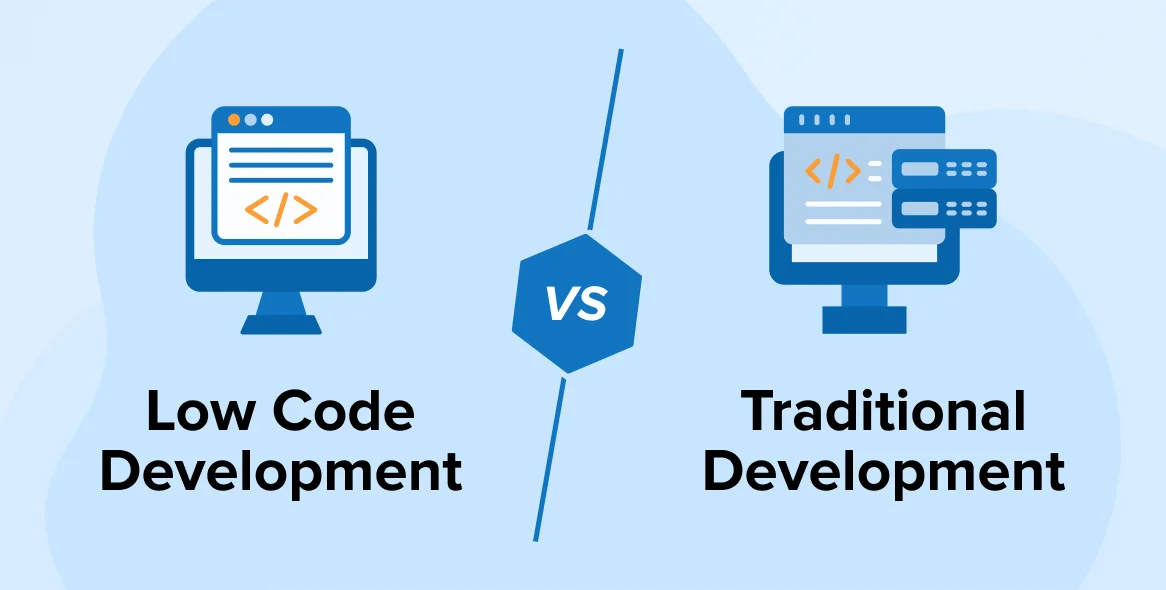Introduction
Digital transformation across the MENA region has accelerated significantly in recent years, with organizations seeking faster, more flexible, and cost-efficient ways to build and deploy business applications. Low-code platforms have emerged as one of the most powerful enablers of this shift, helping enterprises automate operations, enhance customer experiences, and launch digital solutions in a fraction of the time required by traditional development methods.
Companies that partner with trusted technology providers like Singleclic—a regional leader in software development, networks, cybersecurity, infrastructure, and 24/7 support—are discovering how low-code is reshaping the future of business innovation.
What Makes Low-Code a Game Changer in the MENA Region?
1. Unmatched Speed in Application Development
Organizations in the Middle East and North Africa are under growing pressure to innovate rapidly. Low-code platforms allow teams to build applications visually using drag-and-drop interfaces, reducing development time from months to weeks—or even days.
This speed empowers businesses to respond quickly to market changes, regulatory updates, and customer expectations.
2. Lower Costs and More Efficient Resource Allocation
Traditional software development requires large teams and long development cycles. Low-code reduces dependency on specialized coding skills and minimizes development overhead.
This makes digital transformation more accessible to:
- SMEs with limited budgets
- Government entities seeking modernization
- Enterprises looking to optimize IT spending
3. Empowering Non-Technical Teams (Citizen Developers)
Low-code platforms allow business users to participate in building and automating workflows without advanced programming knowledge.
This boosts collaboration between IT and business teams and accelerates innovation inside the organization.
4. Seamless Integration with Legacy and Modern Systems
Enterprises in the MENA region often rely on a mix of legacy systems and modern cloud platforms.
Low-code bridges this gap by offering:
- Prebuilt connectors
- API-based integration
- Automated workflows
This makes system modernization faster and less disruptive.
5. Strong Governance, Security, and Compliance
With increasing cybersecurity challenges across the region, low-code platforms now include enterprise-grade controls to ensure compliance with standards like ISO, NCA, GDPR, and local data regulations.
Providers like Singleclic integrate low-code solutions with robust cybersecurity practices to ensure maximum data protection.
Why MENA Organizations Are Adopting Low-Code Faster Than Ever
Growing demand for digital government services
Smart city initiatives and e-government strategies across the UAE, Saudi Arabia, and Egypt are driving massive adoption of low-code platforms.
A young, tech-savvy population expecting modern digital experiences
Customers in the region demand fast, seamless, mobile-first services—low-code helps deliver these experiences quickly.
Workforce shortages in specialized IT roles
Low-code addresses talent gaps by reducing reliance on advanced coding skills.
How Singleclic Leads Low-Code Innovation in the Region
Since 2013, Singleclic has supported businesses across the Arab world with full-scale digital transformation solutions.
The company combines deep technical expertise with sector-specific experience to deliver low-code applications that are:
- Secure
- Scalable
- Customizable
- Cloud-ready
- Easily integrated with ERP, CRM, HR systems, and enterprise workflows
Singleclic uses its own enterprise low-code platform Cortex, along with global tools like Microsoft Power Platform, to help clients accelerate development and reduce complexity.
📌 يمكنك معرفة المزيد عن خدمات تطوير منخفض الأكواد من خلال زيارة صفحة
Low-Code Development التي تقدم شرحًا متكاملًا للحلول التي توفرها Singleclic.
Key Business Benefits of Low-Code for Enterprises in the MENA Region
1. Faster digital product launch
Accelerated go-to-market strategies give companies a strong competitive edge.
2. Improved operational efficiency
Automation eliminates repetitive tasks and reduces human error.
3. Enhanced customer and employee experiences
Digital workflows ensure smoother interactions and higher satisfaction.
4. Scalability for future growth
Low-code apps grow easily as business needs expand.
Industries in MENA Most Impacted by Low-Code Transformation
- Government & public sector
- Banking & financial services
- Retail & e-commerce
- Healthcare
- Real estate & property management
- Logistics & supply chain
- Energy & utilities
Conclusion
Low-code platforms are reshaping digital transformation across the MENA region by enabling organizations to innovate faster, cut costs, and empower their teams. With reliable partners like Singleclic, businesses can adopt low-code with confidence—unlocking new levels of agility, security, and scalability.
For consultation or support, contact Singleclic:
📞 +2 010 259 99225
📞 +971 42 475421
📞 +966 58 1106563
🌐 https://singleclic.com/









